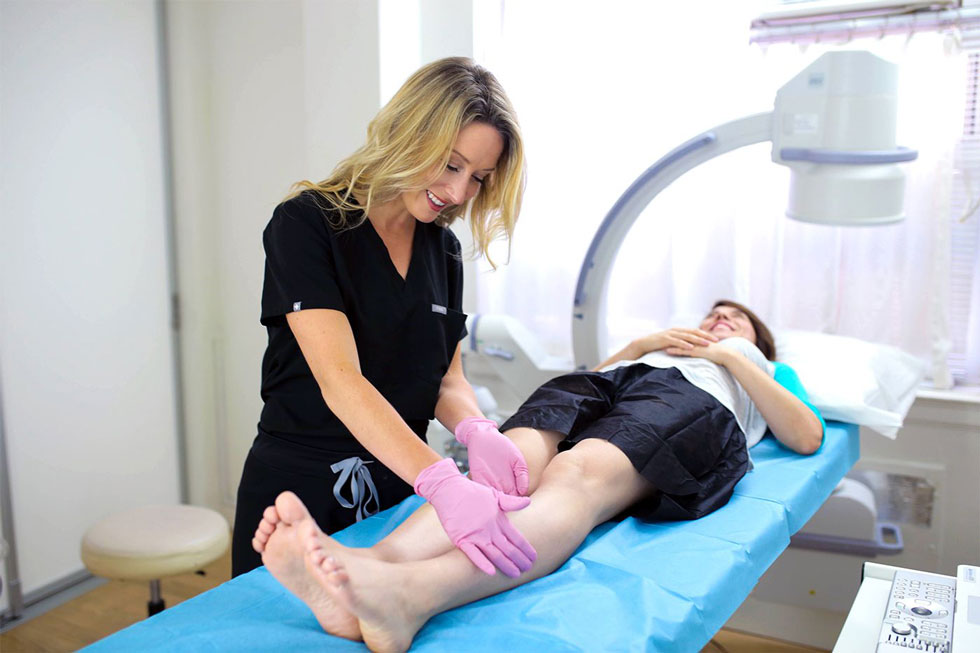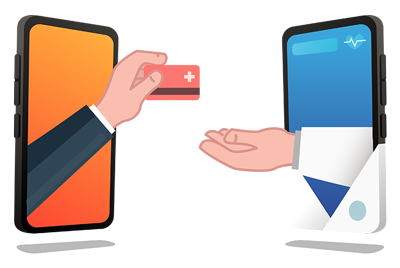
What to expect during your visit?
During your varicose vein doctor scheduling process, you will be contacted by our front desk team who will collect your insurance information. We will provide a complimentary insurance coverage confirmation; you can rest assured there will be no surprise bills or hidden costs. We will then book an appointment for you.
Vein treatment has never been easier
Why Choose Us?
Ivy League-trained Vein Doctors
Our doctors are qualified Vein Doctors and are specialists in the latest cutting edge technology in vein medicine. They have over 50 combined publications, have been featured on TV and Print Media. Their academic expertise, combined with exceptional bedside manner, ensure full patient satisfaction.
We are Industry Leaders
We are a center of excellence for vein medicine. We follow the latest guidelines for patient safety and our doctors regularly attend conferences & contribute to academia. We regularly have doctors from all over the country shadow and observe in our clinic.
Our Doctors Are Certified Diplomates
Our doctors are Certified Diplomates vein doctors. You should always ask if your vein doctor has a certification specifically in Vascular Medicine. In order to be Certified Diplomates in vein medicine, our doctors have to undergo vigorous residency training followed by fellowship specialization.
We Are IAC Accredited
We are proud to receive IAC Accreditation for vascular testing…but what does that mean exactly to you? Through the accreditation process, each aspect of our daily operation is assessed as well as the consequential impact on quality of care provided to our patients. IAC Accreditation sets the standard for vascular health care and the promotion of quality patient care.

Insurance Coverage
Questions about insurance coverage? We will help explain to you your vein treatment insurance coverage and benefits. Provide us with your insurance information and we will answer any questions you may have (844) 690-1788
Before any treatment is done, you will have a detailed outline of how much you will owe (if anything). We will work directly with your insurance company to help you get treated.
We work closely with insurance companies and you to ensure that there are no surprise bills or hidden costs.


